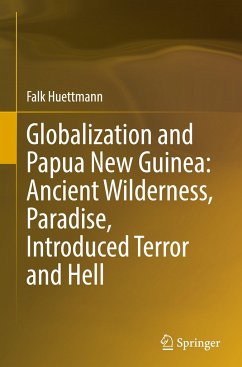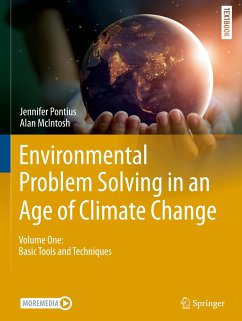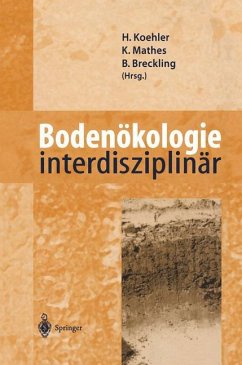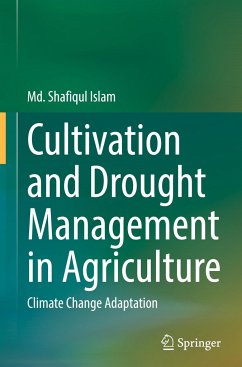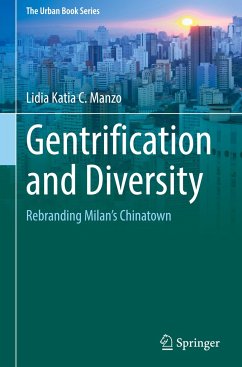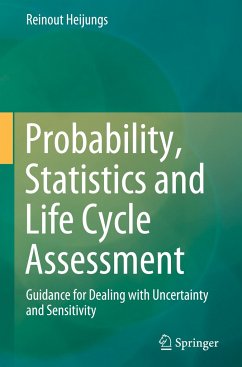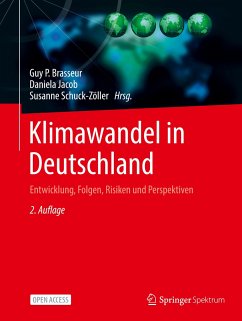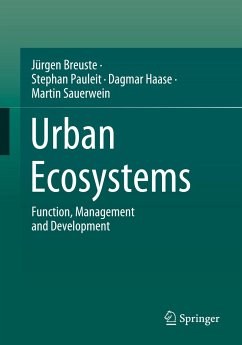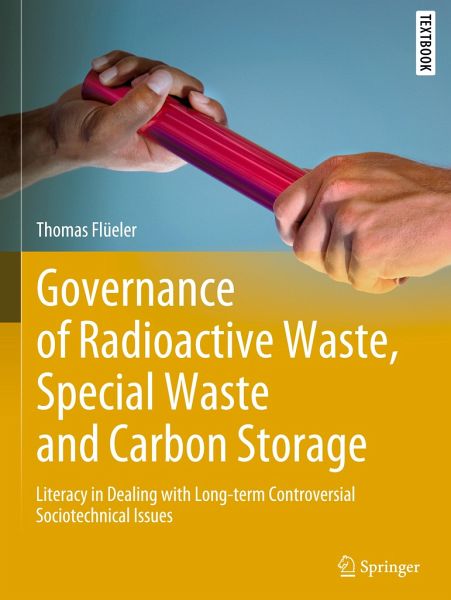
Governance of Radioactive Waste, Special Waste and Carbon Storage
Literacy in Dealing with Long-term Controversial Sociotechnical Issues
Versandkostenfrei!
Versandfertig in 1-2 Wochen
56,99 €
inkl. MwSt.
Weitere Ausgaben:

PAYBACK Punkte
28 °P sammeln!
This book demonstrates that the long-term safety of nuclear waste repositories, special waste disposal and carbon storage (CCS) is highly challenging and monitoring may contribute to substantiate evidence, support decision making and legitimise the programme. Deep geological disposal is a long-term safety issue and, in parallel, requires long-term institutional involvement of the technoscientific community, waste producers, public administrators, NGOs and the public. What, where and when to monitor is determined by its goal setting: It may be operational, confirmatory (in the near field) or en...
This book demonstrates that the long-term safety of nuclear waste repositories, special waste disposal and carbon storage (CCS) is highly challenging and monitoring may contribute to substantiate evidence, support decision making and legitimise the programme. Deep geological disposal is a long-term safety issue and, in parallel, requires long-term institutional involvement of the technoscientific community, waste producers, public administrators, NGOs and the public. What, where and when to monitor is determined by its goal setting: It may be operational, confirmatory (in the near field) or environmental (far field). Strategic monitoring as proposed here contributes to process, implementation or policy and institutional surveillance. It not only addresses the controversial long-lasting "problem" (of nuclear, other toxic or CO2 waste) but investigates some ways to approach for "solutions" or solution spaces - not just technical but also institutional, societal and personal. Itincludes the tailored transfer of knowledge, concept and system understanding, experience and documentation to specific audiences above. It is an integrative tool of targeted yet adaptive management and may be applicable to other long-term sociotechnical fields.



